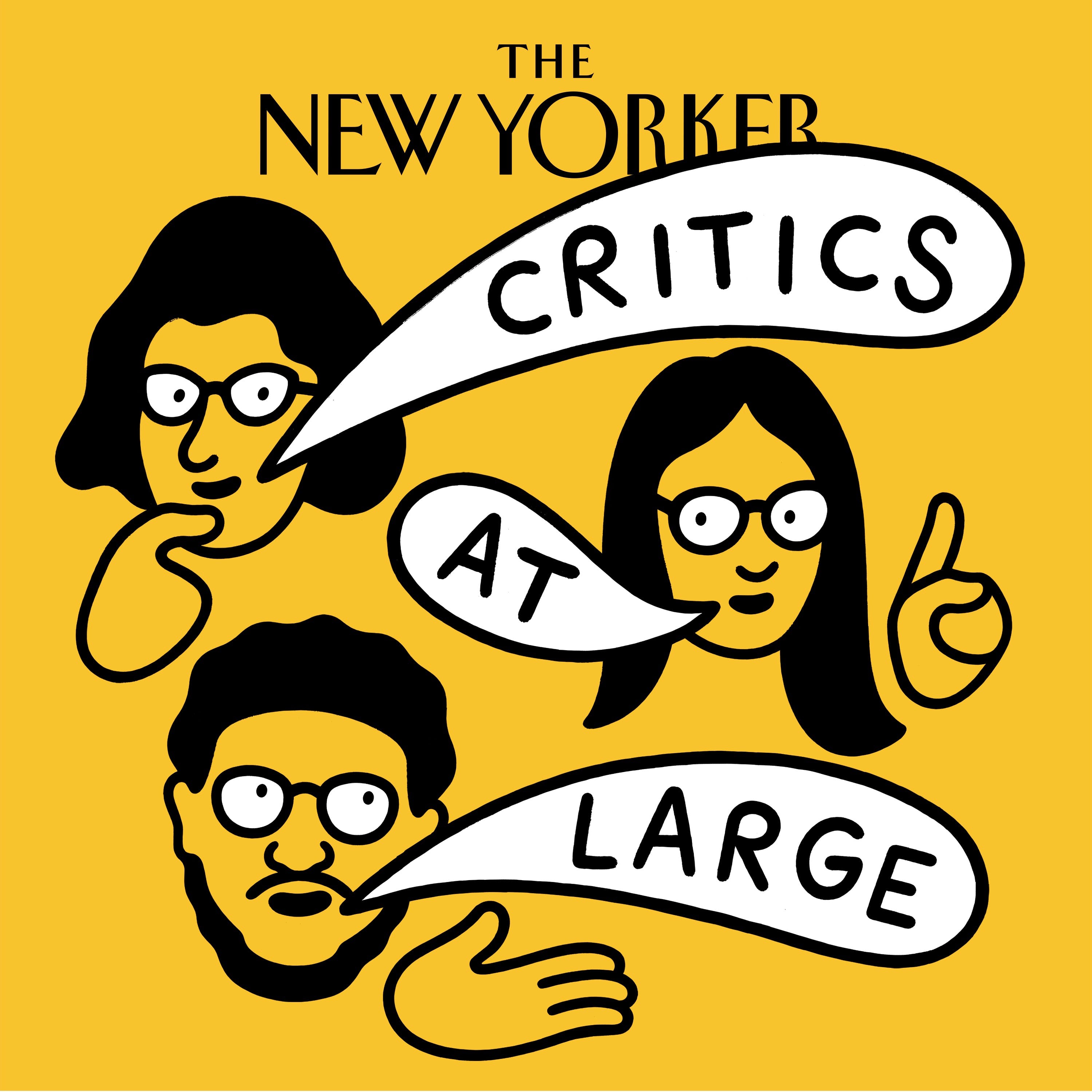The Irresistible Myth of Las Vegas
Description
Cities have always been romanticized, but few of them have embraced—or actively engineered—their reputations as thoroughly as Las Vegas. On the second in a series of Critics at Large interview episodes, Alexandra Schwartz talks with her fellow staff writer Nick Paumgarten about how the desert town first branded itself as an entertainment capital, and how that image has been reified in pop culture ever since. The two consider seminal Vegas texts, from Hunter S. Thompson’s 1971 novel, “Fear and Loathing in Las Vegas,” to the bro comedy “The Hangover,” and Paumgarten reflects on his recent pilgrimage to see Dead & Company, the latest iteration of the Grateful Dead, during the band’s residency at the Sphere. In theory, a Vegas residency should be a career high—but the expectations around them can also leave an artist trapped in amber. It’s a danger that applies to places as much as people. “How do you reinvent yourself when you’ve achieved this cultural-icon status?” Schwartz asks. “In some ways, I wonder if that’s also a question for the city itself.”
Read, watch, and listen with the critics:
“Reckoning with the Dead at the Sphere,” by Nick Paumgarten (The New Yorker)
“Swingers” (1996)
“Double or Quits,” by Dave Hickey (Frieze)
“Learning from Las Vegas,” by Robert Venturi, Steven Izenour, and Denise Scott Brown
“Viva Las Vegas” (1964)
“Leaving Las Vegas” (1995)
“Fear and Loathing in Las Vegas,” by Hunter S. Thompson
“The Hangover” (2009)
“Viva Las Vegas: Elvis Returns to the Stage,” by Ellen Willis (The New Yorker)
“Elvis” (2022)
“Hacks” (2021—)
“Sex and the City” (1998-2004)
“Friends” (1994-2004)
“Seinfeld” (1989-1998)
New episodes drop every Thursday. Follow Critics at Large wherever you get your podcasts.
Learn about your ad choices: dovetail.prx.org/ad-choices






